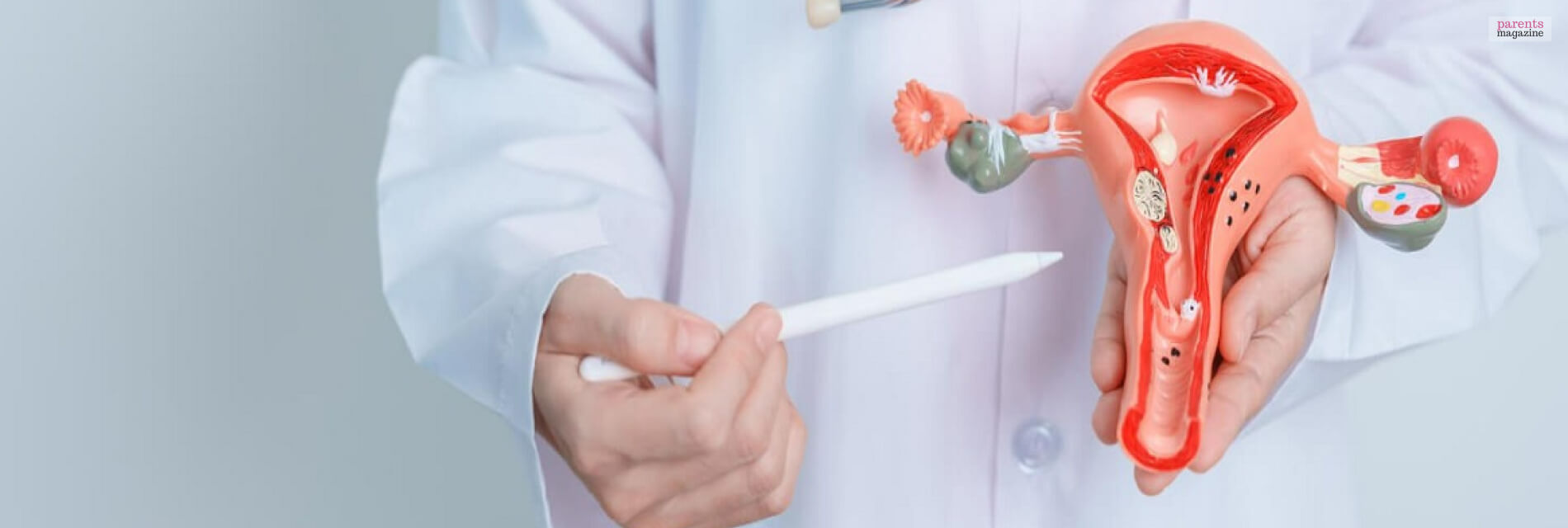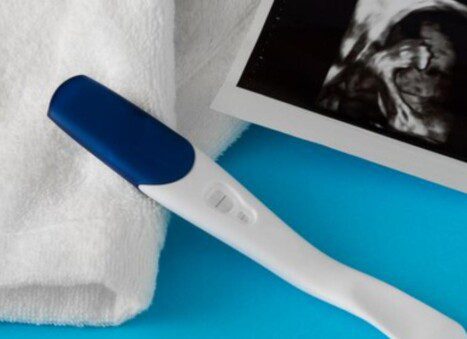
Endometrium Thickness For Pregnancy, How Important It Is For Conceiving
With every month of progress in your pregnancy, your body goes through many changes. But one of the most important changes that the body goes through is the change in the endometrium thickness during pregnancy. Every month this changes and is among those important parameters that are checked during the ultrasounds.
The thickness of the endometrium is a parameter that is mostly used to figure out if there are any issues with the pregnancy. It does not just end here; this often becomes a major cause of abnormal bleeding in pregnant women. The endometrium thickness for pregnancy is something very crucial during pregnancy.
What is Endometrium
The innermost lining of the uterus is the endometrium. The uterus is such an organ that goes through a significant change every month as long as the woman is fertile. The endometrium mostly consists of mucosal tissues and has two layers, the stratum functionalis and stratum basalis.

The stratum basalis is the one that is attached to a smooth layer of muscle in the uterus called the myometrium. This is basically the anchor and mostly stays unchanged. But the other layer is quite dynamic and keeps changing as a response to the hormonal change that is followed by the menstrual cycle.
As a part of the menstrual cycle, the female body prepares the endometrium for the embryo every month. The thickness of the endometrium increases and then decreases during this process. Progesterone and estrogen cause changes in the endometrial layers. These hormones are the ones responsible for the wedding of the endometrium through the process of menstruation if there is no pregnancy.
Normal Endometrial Thickness
There is a change in the normal endometrium thickness throughout a woman’s life. The thickness of the endometrium is different for a girl who has not started her menstrual cycle than a pregnant woman. The layer grows thick with age. When a woman is menstruating, the layer is at its thinnest. It stays between 2mm-4mm in thickness.
Before ovulation and just after 6-14 days of the cycle, the endometrium layer starts getting thick and stays between 5 mm and 7 mm. As the cycle moves forward and reaches ovulation, it can even reach a thickness of 11mm. After almost 14 days, the hormones release the eggs, and the thickness reaches its highest and can measure around 16mm.
Normal Endometrium Thickness For Pregnancy
The normal thickness of the endometrial layer during pregnancy is directly proportional to having a full-term pregnancy and a normal healthy one as well. This gives away the idea that there is a normal thickness for the endometrium during pregnancy and that is not too thick and not too thin.
The normal thickness of the endometrium helps in getting the embryo implanted and helps them get the required nutrition for proper growth. The endometrium lining during pregnancy increases and thickens towards the end of the pregnancy. The endometrium thickness for pregnancy is somewhere around 8mm- 15 mm. If the thickness is less than 8mm during pregnancy, the pregnancy might not become successful.
Reasons And Symptoms Behind High Endometrium Thickness
The thickness of the endometrial lining changes during menstruation, but there are other factors as well that could influence the change in the thickness. The most common cause for the change is pregnancy.

Women who have an ectopic pregnancy or are not even five weeks pregnant show signs of the endometrium getting thick. Ovarian cancer or endometrial cancer is one of the most common and dangerous reasons behind the thickening of the endometrium lining. The American Cancer Society says that endometrial cancer is one of the most common that affects the reproductive system of a woman.
The other factors that are responsible for the thickening of the endometrium lining are
- Obesity
- Tamoxifen
- Diabetes
- Scar tissue
- Hormone replacement therapy
- High blood pressure that is chronic
- Endometrial polyps
- Endometrial hyperplasia
The symptoms related to abnormal endometrium thickness are
- Extremely heavy bleeding during menstruation
- Duration of periods is longer than usual
- The menstrual cycle is longer than 38 days, or it gets shorter than 21 days
- Spotting in between the cycles
How To Measure Endometrium Thickness During Pregnancy
The easiest way to diagnose the thickness of the endometrium layer during pregnancy is by doing an ultrasound. It is a mandatory test for those women who visit the doctor with symptoms of abnormal vaginal bleeding. But for a few women, an ultrasound might not be the best way to diagnose it because of certain health conditions or the position of the uterus.

For those, it is best to do an MRI as an alternative way. The endometrium thickness for pregnancy seems like a dark line on the MRI or the ultrasound, and it is known as the endometrial stripe. The thickness of the endometrium during pregnancy and its appearance changes. This depends on the duration of pregnancy or at which stage the woman is in her menstrual cycle.
When To Visit A Doctor

It is important to visit a doctor immediately if you have the following symptoms, along with abnormal vaginal bleeding.
- If you experience spotting between periods
- Unusually heavy bleeding during menstruation
- Short or irregular blood flows
- Spotting or bleeding even after menopause.
If you are experiencing unusual pelvic pain because of unknown reasons, it is best to consult a doctor and rule out the risk of endometrial cancer. Also, look out for a feeling of bloating or fullness even when you have not eaten much.
Wrapping Up!
It is important to pay close attention to the thickness of the endometrium as it helps women understand the best possible way to optimize the chance of a successful pregnancy who are trying to conceive. Any sort of change in the endometrial thickness is natural throughout the life of a female. It is important to have the correct endometrium thickness for pregnancy.
However, if you are noticing discharge, abnormal bleeding, pelvic pain, or any other form of change in the body, it is best to check with a doctor and get the correct treatment for it. Endometrial cancer is a severe health concern that happens when the layer is too thick. But the only good thing here is that if endometrial cancer is diagnosed early, there is a good survival rate.
RECOMMENDED READING:
Already have an account?
Sign In
Create your account
User added successfully. Log in








